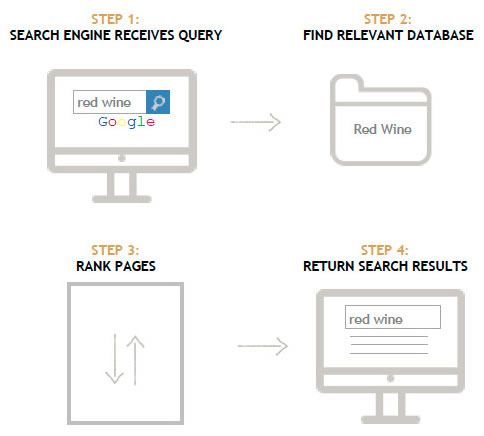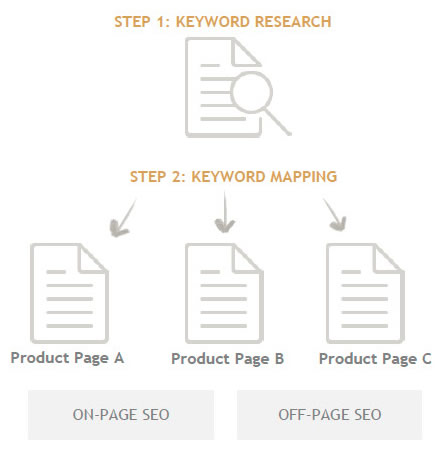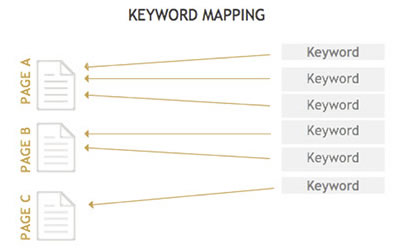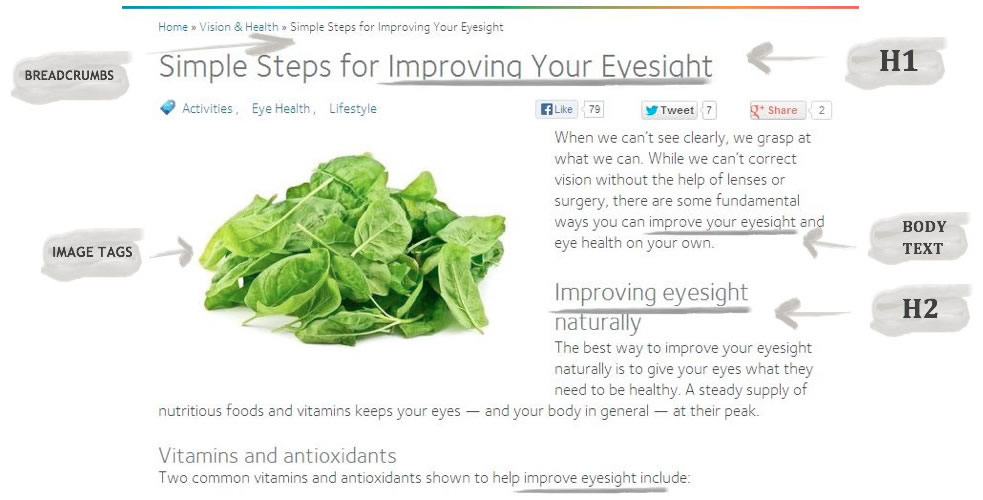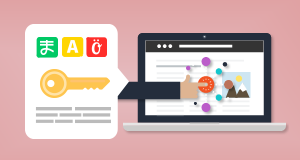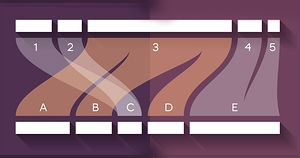When it comes to online content and website rankings, keywords play a vital role. Read on to find out how SEOs should approach keywords in their content, and for some advice on keyword best practice.
Keywords and SEO
Keywords are an important part of search engine algorithms, as they are the means through which search engines index the web. Search engine crawlers extract the most frequently used words on a page to determine its topic, and in this respect the page title and header tags are especially important.
Even though keywords are essential for your page to appear for the relevant query, you should not “stuff” your text with these, and your content should still read naturally. If you “stuff” your text with keywords, you risk being penalised by the search engines.
Keyword research is especially useful for identifying the keywords to include in your webpages, and equally as useful to identify content gaps. Native speakers should always carry out keyword research when this concerns different languages and countries, as they will be able to uncover language nuances and utilise the pool of keywords for a specific market in its entirety.
Keyword mapping
Once you have completed your keyword research, you will need to match your keywords to the most appropriate pages on your website and complete keyword mapping.
In order to do this, you need to select which pages are going to be mapped looking at the page level, incoming internal links, pages with valuable content, and top visited pages.
The primary keyword for a page should be the one with the highest search volume, and it should appear in your most important pages. You should also check organic rankings for keywords you want to map, as this will ensure that you do not map a keyword for certain pages when others rank well for it.
Keyword best practice
When mapping keywords, you should target no more than three or four keywords per page. You also should not target the same keyword as primary on multiple pages. Listing keywords in order of importance will further help to keep the page content editing process consistent and effective.
When it comes to branded products you should target brand terms as primary, and keep the non-branded terms as supplementary.
Always aim for long-tail keywords, as general keywords have higher search volume and are extremely difficult to rank for. Long-tail keywords should be used on the deeper pages of your website with more specific content.
On-page optimisation of keywords
There are various webpage elements that need to be optimised in order for your website to rank for relevant keywords. In particular, there are three elements to take into account when optimising webpages for your keywords:
- Page content: This includes headings, body text, image tags and internal links/breadcrumbs.
- Meta description tags (meta tags): These refer to the text displayed below the title and URL of a search result. Inserting keywords in the meta description of a webpage can improve click-through rates.
- File names: These are what you typically see displayed in the URL, and they should include keywords.
Natalia Witczyk
Latest posts by Natalia Witczyk (see all)
- Accelerated Mobile Pages: Google vs. Yandex vs. Baidu - June 18, 2018
- Mobile SEO on Google, Yandex and Baidu - May 25, 2018
- On-page SEO: An introduction to keywords, keyword mapping and on-page keyword optimisation - November 6, 2017

